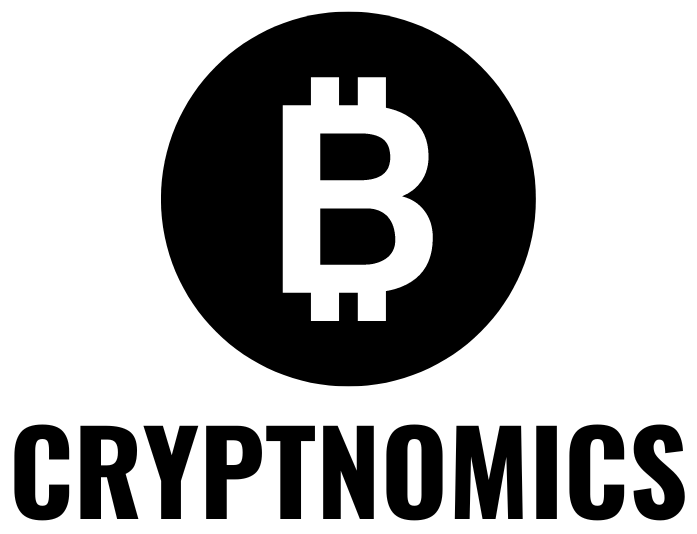On Monday, Polygon, the leading Ethereum scaling platform, officially released the beta version of its zero-knowledge Ethereum Virtual Machine (zkEVM) to the general public. This debut is projected to be one of the most anticipated events of 2023 in the cryptocurrency space. The launch took place following a funding round of $1 billion, two audits conducted by third-party organizations, and an internal audit involving 26 researchers.
Polygon Launches zkEVM
The newly launched zkEVM network has been in the works for over a year and offers the much-needed scalability solution for decentralized applications (Dapps) running on the Ethereum blockchain. It does this by having ZK-rollups perform off-chain computations on a secondary layer, thereby making it possible for transactions to take place more quickly and at a lower cost; while ensuring that Ethereum’s integrity is preserved.
According to the official statement issued by Polygon, more than fifty different crypto-centric businesses have already expressed their intention to construct and build using the zkEVM technology. In an interview, Sandeep Nailwal, the co-founder and chief operating officer of Polygon was quoted as saying:
With zkEVM, you will be able to deploy any Ethereum application without any modifications, using existing Ethereum developer tools like Remix, and interact with the network using standard wallets like Metamask.
Read More: MicroStrategy Buys 6455 Bitcoin, Binance CEO Reacts
Vitalik Buterin To Inaugurate zkEVM
According to the team building the network, Vitalik Buterin — the co-founder of the Ethereum blockchain — will initiate the first transaction on the new zkEVM as part of the announcement ceremony. The transaction is slated to livestream at the ETHGlobal event around 10:30 a.m. ET.
The launch of zkEVM takes place just a few days after Matter Labs zkSync Era became available to the general public on the Ethereum mainnet. In a manner analogous to what is provided by zkSync, the majority of the code that constitutes Polygon zkEVM is open-source, however, it comes licensed under AGPL v3.
The Polygon community and the larger crypto market have positively received the new development, and market participants believe that this could eventually result in a bullish scenario for Polygon’s native token, MATIC. As things currently stand, the price of Polygon (MATIC) is exchanging hands at $1.07, which represents a decrease of 2.73% over the previous 24 hours in contrast to a decline of 6.30% over the last seven days.
Also Read: Bitcoin Price To Correct This Week As US Bank Stocks Rebound?
The presented content may include the personal opinion of the author and is subject to market condition. Do your market research before investing in cryptocurrencies. The author or the publication does not hold any responsibility for your personal financial loss.


